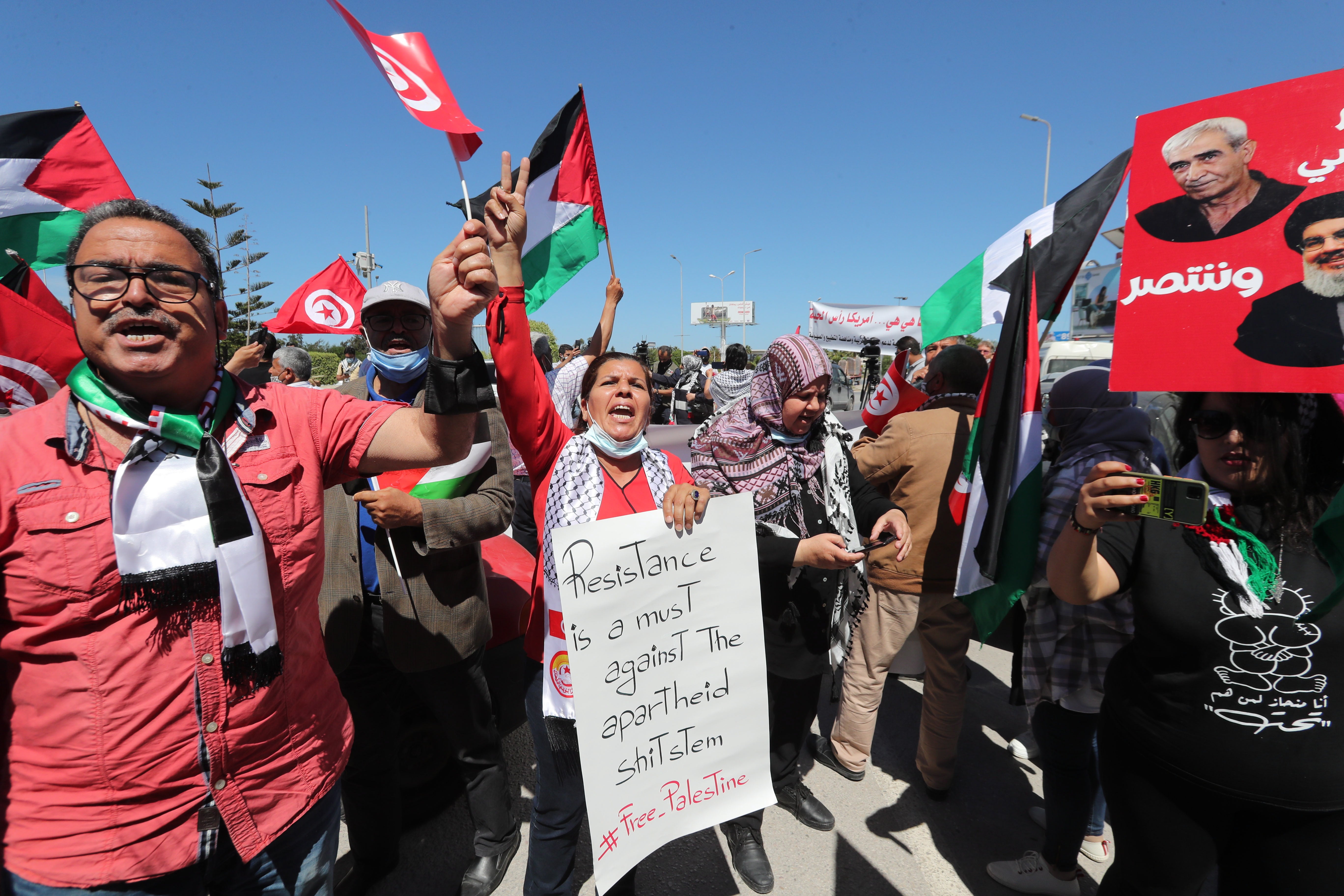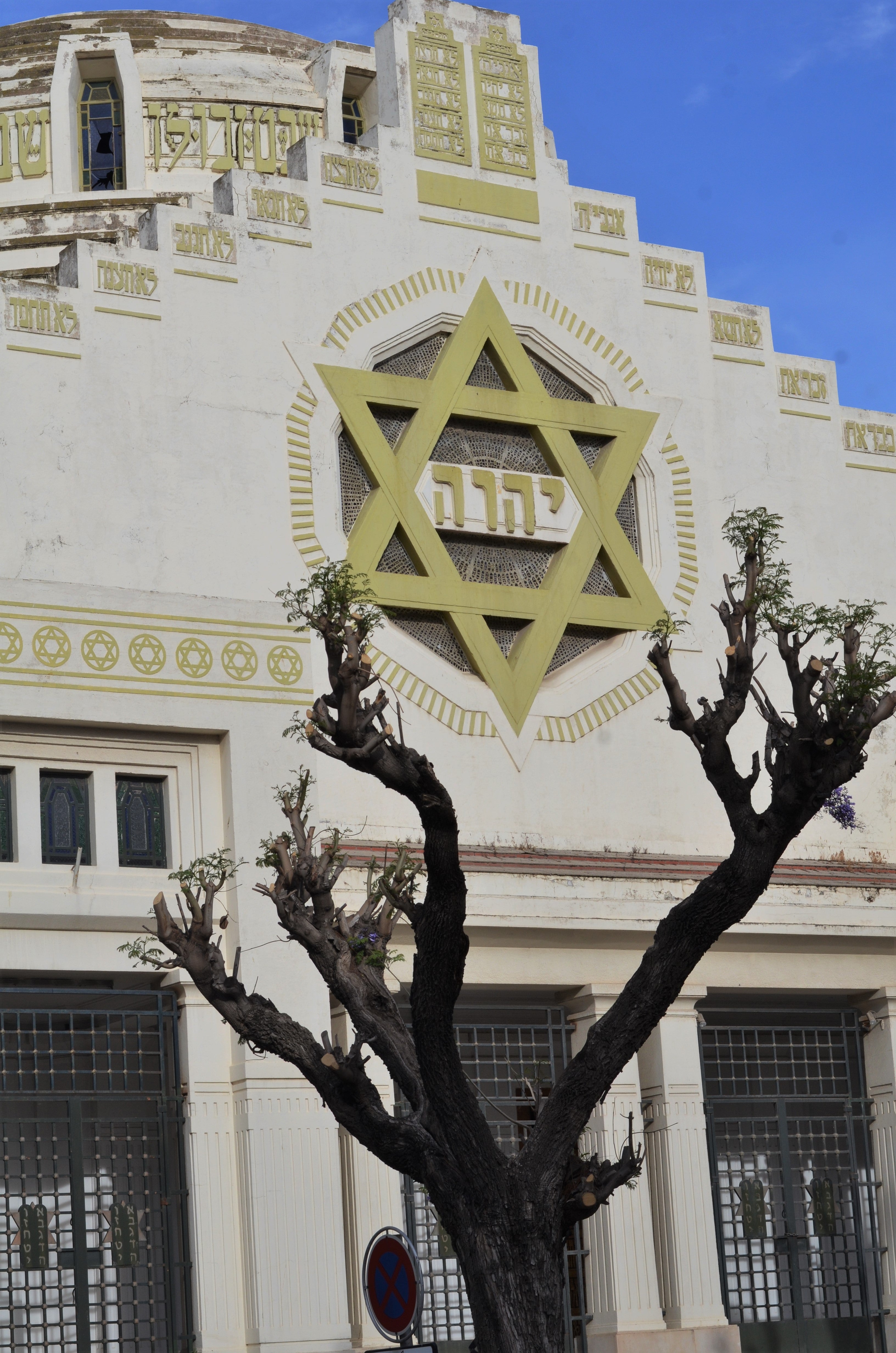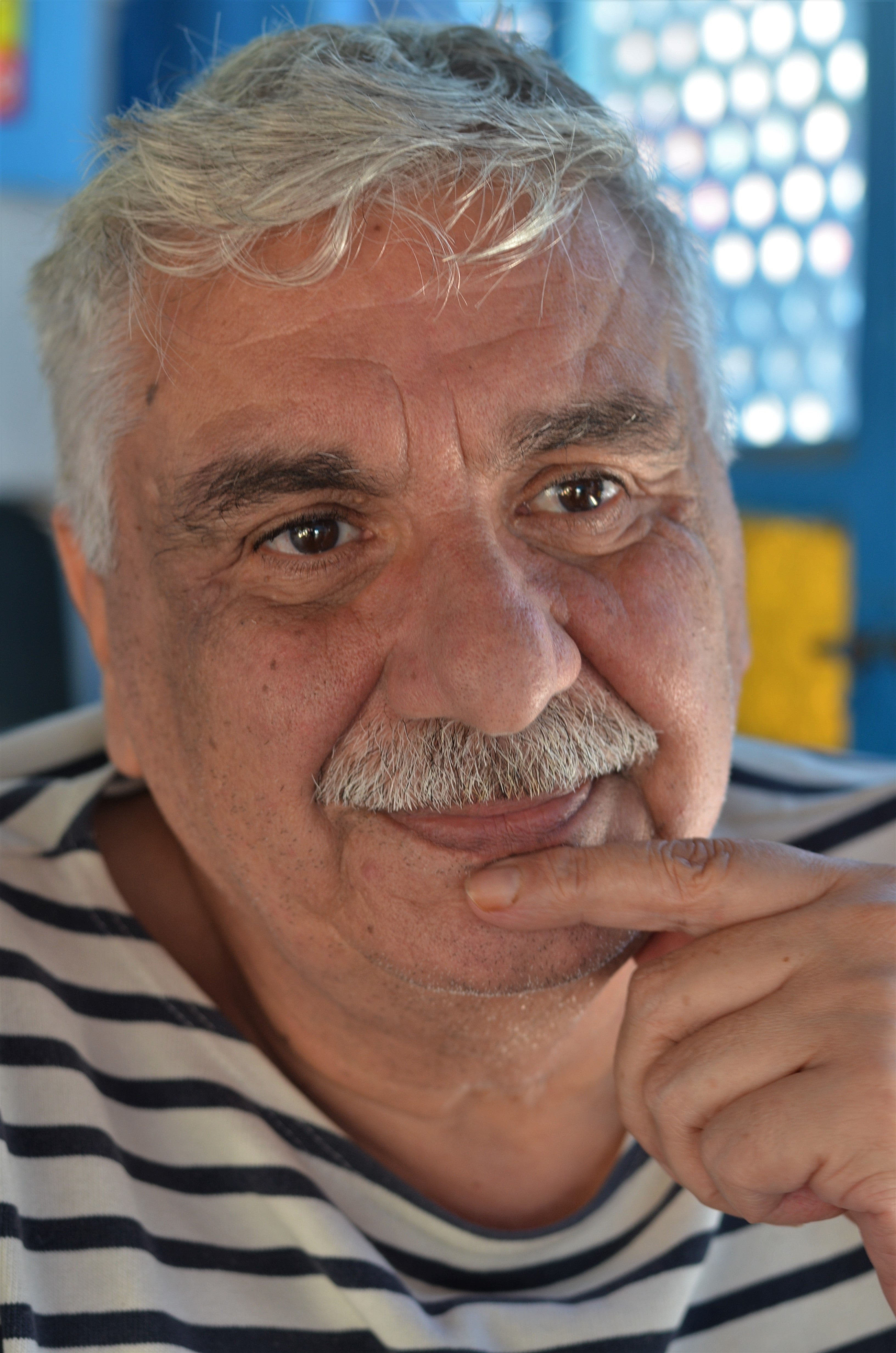‘Tunisian Jews are Tunisian’: How the Gaza-Israel fighting made its mark in a part of north Africa
With a long-established Jewish community, will tensions in Tunisia be exacerbated by events in Gaza? Simon Speakman Cordall reports

The tentative sense of relief that appears to be finding ground in the skies over Gaza and Jerusalem has found echoes among the communities of both sides of the conflict around the world. During the 11 days of fighting, protests roiled cities across Europe and much of the world.
In Paris, as in Baghdad, demonstrators took to the street to voice their solidarity with the citizens of one of the most contested territories in the world.
In Tunis, with its health service already teetering on the brink from the pandemic’s onslaught, protesters took to the streets in their hundreds, urged on by civil society and political groups, to give voice to their solidarity with Palestine and their denunciation of the “Zionist entity”.
Tunisia’s identification with the Palestinian cause has proven itself absolute. While other countries in the Gulf and North Africa have normalised relations with Israel, Tunisia has shown little appetite for compromise.
During the presidential hustings of late 2019, the eventual victor, Kais Saied, let slip a rare sign of emotion when responding to a question on whether he would ever consider normalising relations with Israel, denouncing even the suggestion as high treason. However, he was sure to add a vital caveat: Tunisia’s rejection of the Israeli state should in no way be taken as a rejection of the Jewish people, wherever they may be.
According to myth, Jews have been resident in Tunisia since 586 BC when the El Ghriba synagogue on the island of Djerba was founded upon the fragments of Soloman’s temple.
The scientific version is a little more prosaic. According to historians, Jews have been resident in Tunisia since at least the Punic period (264–146 BC), with religious mosaics discovered in Hammam Lif, near the capital proving that a Jewish community was thriving there from between the third and fifth century, several centuries before the arrival of Islam.
Nevertheless, over recent years, Jewish numbers, as well as their fortunes have waxed and waned depending upon who held power, colonial and otherwise, in the capital.
In 1948, there were 105,000 Jews living in Tunisia. As of 2018, that number had dwindled to around 1,000, mostly living in Djerba.
The creation of Israel after the Second World War, and the tensions that accompanied its dramatic growth have all taken their toll on the country’s Jews, too often reluctant proxies in other people’s wars.
Marchers in Tunisia were keen to delineate between their fight for Palestinian rights and the fate of the country’s Jews.
Sheltered from the sun under a tree, 32-year-old Fares Cherni told The Independent: “Tunisian Jews are Tunisian,” with a note of surprise in his voice.
“The Palestininan cause is not about religion. It’s not about Islam, Judaism or Christianity. It’s about humanity,” he said, going on to emphasise the fractious coexistence that he said had held in Palestine and Jerusalem before the creation of Israel.
Nevertheless, what happens in Jerusalem has repercussions for Tunisia’s Jews.
“The public attitude here depends on what’s going on in (Palestine),” Habib Kazdaghli, a contemporary historian who specialises in Jews and Judaism in Tunisia said. “What usually happens is the eruption of violence against the Tunisians Jews when there are problems there.
“When the situation is peaceful, people are peaceful. When there’s conflict, people here feel they need to take revenge on someone, and because a person is a Jew does not necessarily mean they are a Zionist,” he tells a translator.

Excluding the later volatile years of the 20th century, the new millennium has not been shy in the challenges it has delivered to the doors of Tunisia’s Jews.
In 2002 the synagogue on Djerba was bombed by Islamist radicals, killing and injuring scores of worshippers and tourists.
In 2018, during nationwide protests over price hikes, the synagogue and adjoining school was firebombed following a welter of extremist posts on social media calling for “the Jews” to be driven from Tunisia.
The same year, one of Tunis’ last kosher restaurants had to close, following threats and warnings of terror attacks.
The restaurant’s owner, Jacob Lellouche, is philosophical, dismissing the threats as born of ignorance and zealotry.
“I’m a Tunisian Jew, like Jews in London. I don’t feel special. I’m Tunisian,” he says with an exasperated shrug. He says there have been no threats since.
There have been Lellouches in Tunisia since Jacob’s ancestors arrived with the Ottomans during the 17th century. His mother’s family trace their lineage back further, to the 15th century.
Culturally, the two families were utterly distinct. “My father’s family was Arab. My mother’s family was European,” Jacob explains. Nevertheless, despite the fault lines running through them, they established a balance.
“It’s a very Tunisian story,” he says, drawing on a cigarette, “Tunisia is at a kind of crossroads. It sits between North and South, East and West.”
In the capital’s centre, the theme of fighting in Palestine is constant. Advertising billboards carry images of the Palestinian flag, while on the streets demonstrators brandish the country’s colours alongside Tunisia’s own.
Many from Jacob’s family live in Israel, having moved there with the first wave of emigres from Tunisia in 1948. Perhaps understandably, given the national mood, recent spikes in violence have prompted questions. “I don’t want to give my opinion,” he says, “I don’t want to ask for authorisation to live in my country. I don’t need to agree with you to live here. F*** you. We made a revolution in this country for democracy. Democracy means a place where people with different ideas and opinions can live.”
At the time of writing, Tunisia’s Jews have been spared any overspill from the carnage wracking Jerusalem and Gaza.
The families, their numbers vastly reduced over recent years, and the hulking synagogue in Tunis centre largely empty but for the armed policemen who stand outside, continue in much the way they always have. However, they are old now.

Their children, like those of families across Tunisia, have left to build lives far away from the economic decline and unemployment that have dogged Tunisia’s stuttering transition to democracy.
Jacob talks of food, a subject he has written about with passion, one that combines much of the history of Arabs and Jews of the region. He reaches for his two most recent books and, leafing through, speaks of teaching the country and the region’s past to the young.
“When you start your history with ‘Once upon a time’, they think that you are going to tell them a good history.” He pauses, “A good history can also be a sad history, but it’s a good history.” He smiles.
Join our commenting forum
Join thought-provoking conversations, follow other Independent readers and see their replies
Comments